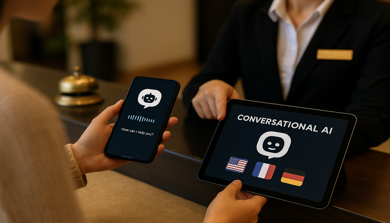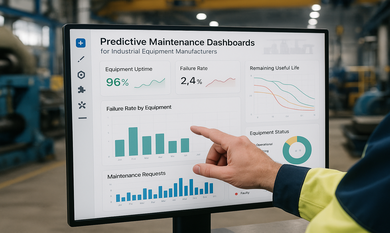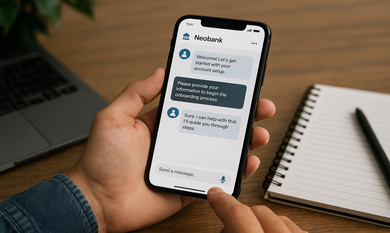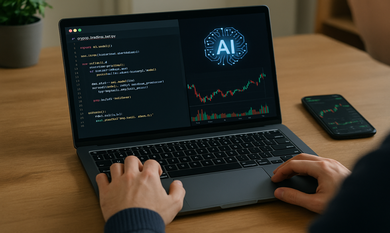Mobile apps have become the backbone of modern business, connecting brands with customers on a global scale. As technology advances, Artificial Intelligence (AI) is increasingly being integrated into mobile apps to deliver smarter, more personalized, and highly efficient user experiences. From recommendation engines and predictive analytics to natural language processing and computer vision, AI is redefining how mobile apps function. However, alongside the opportunities come challenges, including scalability, data privacy, and development complexities.
This article explores key use cases, challenges, and commercial ROI of integrating AI features in mobile apps, offering businesses a clear roadmap to leverage innovation responsibly.
Key Use Cases of AI in Mobile Apps
1. Personalized Recommendations
AI-driven recommendation engines help businesses enhance engagement by tailoring product or content suggestions to each user. E-commerce platforms like Amazon and streaming services such as Netflix use AI to recommend products, shows, or music based on past behavior, significantly increasing conversions.
2. Intelligent Virtual Assistants
AI-powered chatbots and voice assistants streamline customer support, resolve queries, and guide users through apps seamlessly. For example, mobile banking apps now integrate AI assistants that answer FAQs, help track spending, and offer financial advice, boosting customer satisfaction.
3. Predictive Analytics for Engagement
AI analyzes user patterns to predict behavior, enabling companies to send targeted notifications or offers. A fitness app can remind users to work out at specific times based on their habits, improving retention and customer loyalty.
4. Image and Voice Recognition
From facial recognition in security apps to voice-controlled smart home apps, AI enhances usability and security. Healthcare apps use image recognition to identify skin conditions, while travel apps employ voice recognition for booking tickets.
5. Fraud Detection and Security
AI’s real-time anomaly detection strengthens mobile app security. Fintech apps, for instance, use AI to detect unusual spending or suspicious login attempts, safeguarding both customers and businesses.
Challenges of Integrating AI in Mobile Apps
1. Data Privacy and Security
Since AI thrives on data, ensuring compliance with GDPR, HIPAA, and other regulations is critical. Businesses must strike a balance between personalization and protecting user privacy.
2. Development Costs
AI integration demands skilled talent, complex infrastructure, and robust algorithms, which can significantly increase development costs. Many startups struggle to balance innovation with budget constraints.
3. Scalability Issues
AI models that work well during testing may falter when scaled to millions of users. Ensuring consistent performance across platforms is a challenge developers face.
4. Technical Complexity
Training and maintaining AI models require continuous data updates. Businesses must invest in AI lifecycle management to prevent outdated models from producing irrelevant results.
Commercial ROI
Businesses often wonder: Is integrating AI into mobile apps worth the investment?
The answer lies in measurable commercial ROI. AI-powered apps drive:
- Higher Customer Retention: Personalized experiences increase user engagement and reduce churn.
- Revenue Growth: Predictive analytics, targeted promotions, and intelligent recommendations directly impact sales.
- Cost Reduction: AI-powered automation reduces dependency on human support staff, lowering operational costs.
- Competitive Advantage: Early adoption of AI features allows businesses to differentiate themselves in crowded markets.
For example, a retail brand that integrated AI-based chatbots into its mobile app reduced customer service costs by 30% while increasing upselling opportunities by 25%. This showcases how ROI is not limited to cost savings but extends to long-term growth.
Real-World Scenarios
- Healthcare: AI-powered apps like SkinVision help users detect early skin cancer risks, empowering preventive healthcare.
- Retail: Sephora’s AI-driven virtual try-on app allows customers to test products virtually, boosting purchase confidence.
- Logistics: AI-integrated delivery apps optimize routes in real-time, reducing delays and fuel costs.
These real-world applications highlight the tangible business impact AI features create.
Overcoming Challenges with Smart Development Approaches
To address these challenges, companies are increasingly adopting cross platform mobile development services in Dallas to reduce costs and improve scalability. Frameworks like Flutter are especially popular, leading to a surge in demand for Flutter app development services in Dallas for businesses aiming to roll out AI-enabled apps quickly and efficiently.
Best practices include:
- Leveraging pre-trained AI models to cut development time.
- Using modular architecture for scalability.
- Implementing human-in-the-loop systems for compliance.
Conclusion
AI features in mobile apps are no longer a futuristic concept—they are becoming essential to stay competitive in today’s market. By carefully weighing the use cases, challenges, and ROI, businesses can maximize the value of AI-powered apps.
If you’re looking to build or upgrade an AI-enabled mobile app, Theta Technolabs can help. As a Mobile App development company in Dallas, we specialize in delivering innovative Web, Mobile, and Cloud solutions tailored for modern businesses.
Transform Your Mobile App with AI-Powered Features
Stay ahead of the curve by integrating AI-driven intelligence into your apps. From predictive analytics to intelligent assistants, unlock the future of mobile experiences today.
📩 Connect with us today at sales@thetatechnolabs.com to explore how we can bring your vision to life.



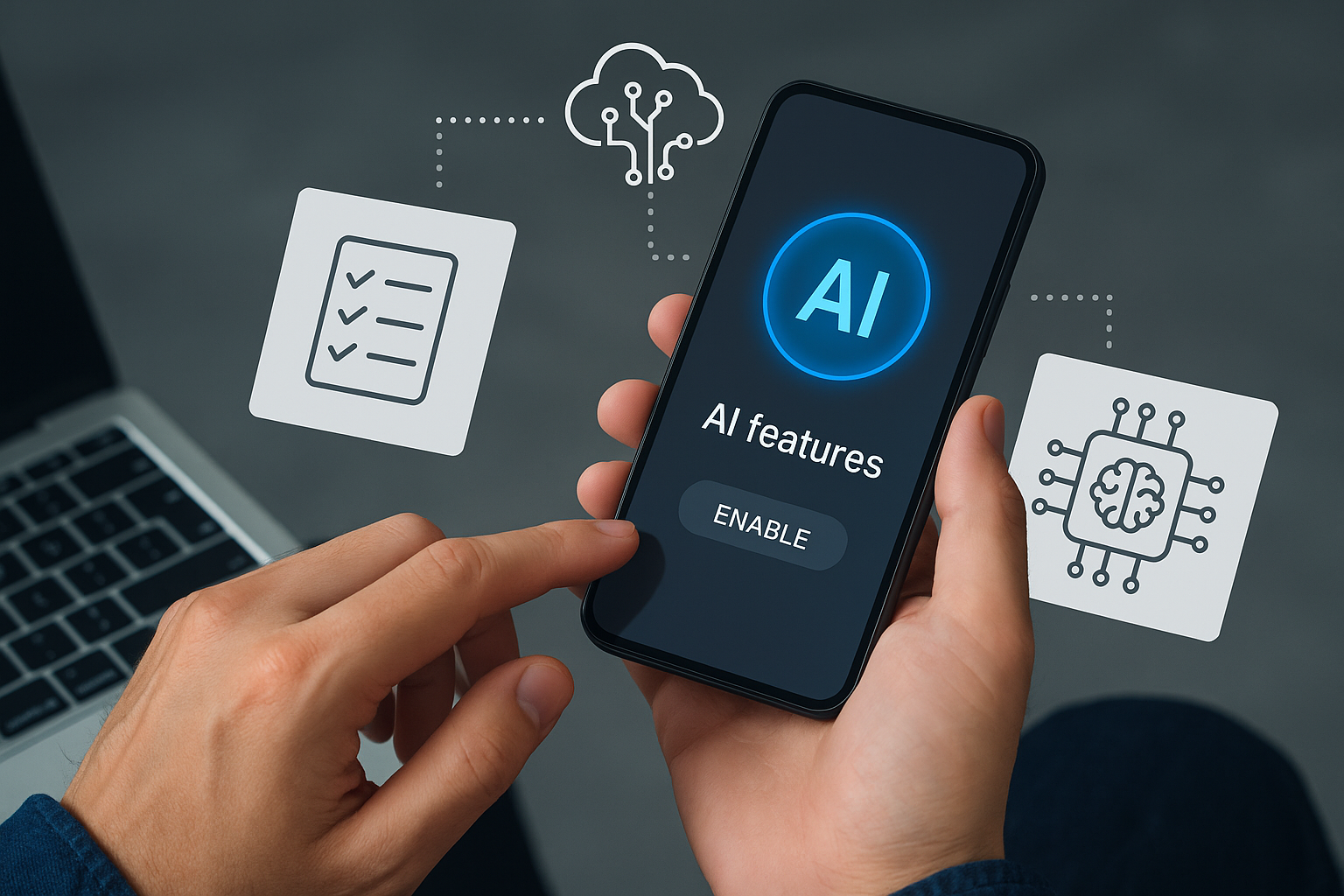













.png)
























.png)

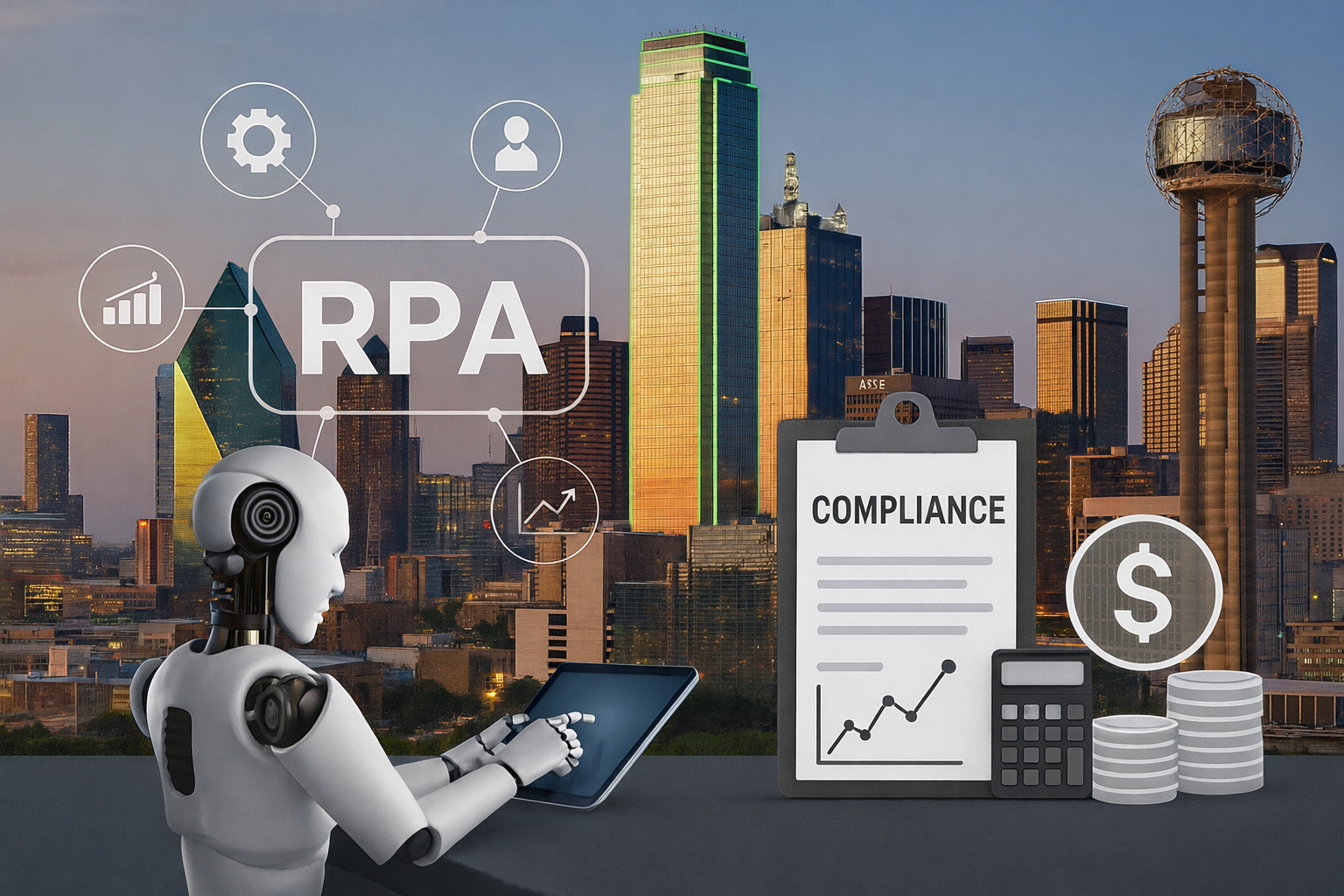

.png)



.png)








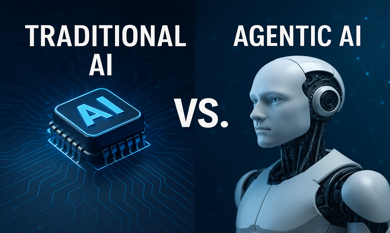


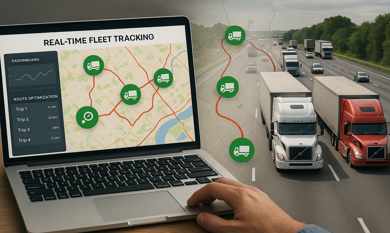







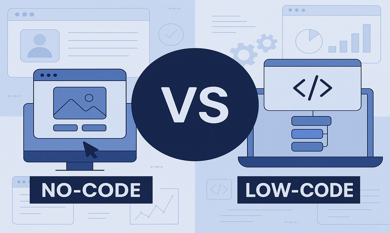








.png)
.png)






.png)
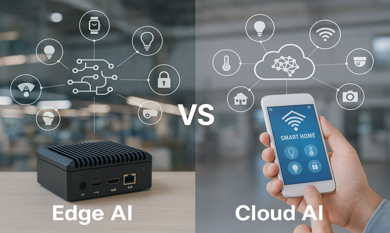
.png)
.png)
.png)


.png)
.png)
.png)
.png)

.png)


